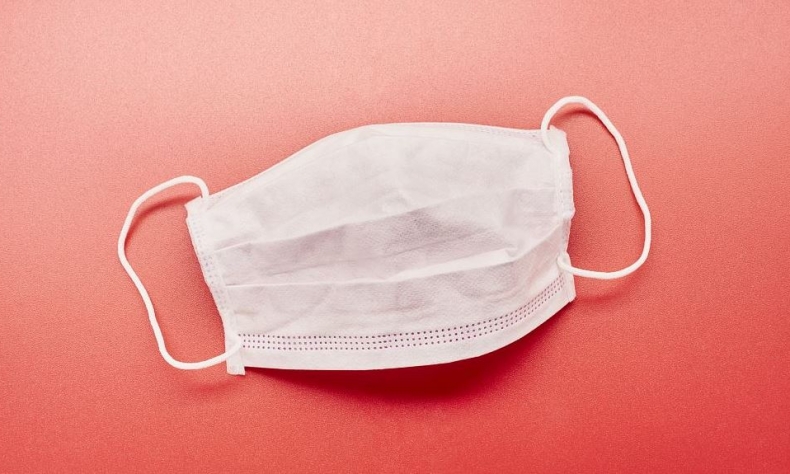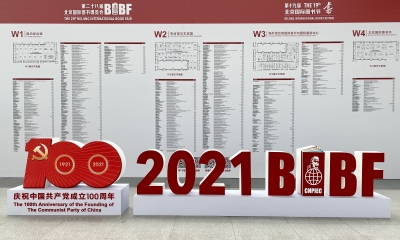How Did Face Masks Become a Political Issue in the West?

Cultural norms, political partisanship and media influence do not adequately explain why mask wearing has become such an emotionally-charged political issue in the West.
If there is one symbol which has come to define the global coronavirus pandemic, it is the humble face mask.
In the era of Covid-19, a small piece of cloth with two stretchy bands at either end, has for most people, become an essential item when leaving the house. For a small minority of people however, wearing a face mask has become a highly-charged political issue.
Anti-maskers, as they have come to be known, have held public demonstrations against mandatory mask orders; verbally abused and assaulted store workers for enforcing mask laws, and harassed members of the public merely for wearing a mask.
How did this situation come about? How, in the midst of a global pandemic, did face masks become such a controversial issue?
Mask politicization
To begin, it is necessary to note that, unlike many countries in East Asia where face masks are commonplace across society, mask-wearing culture in the West did not exit prior to the coronavirus pandemic. There has also been a lot of unclear and conflicting information regarding the benefits of face masks from political and medical leaders.
Cultural norms and changing advice however, do not adequately explain why mask wearing has become such a divisive issue in the West — particularly now, given the overwhelming evidence which concludes that face masks reduce virus transmission. A much more important factor to consider is the politicization of the face mask.
In America, where the face mask divide is perhaps most visible, consistent polling data shows a correlation between a person’s political orientation and their position on wearing a mask. Democrats, for example, are happier to wear a face mask in public than are Republicans.
A recent study by Pew revealed that Democrats and Democrat-leaning independents are “about twice as likely” as Republicans and Republican leaders to say that mask should be worn always (63 percent vs. 29 percent). Similarly, a Gallup poll looking into demographic indicators on mask usage found that while most Americans report wearing a face mask regularly, “the one exception is Republicans, among whom a majority say they wear mask infrequently.”
Some scholars have attributed this phenomenon to a ‘follow-thy-leader’ theory, as Democrat leaders have been consistently more supportive towards the use of face masks than Republicans. Others have attributed the sizeable difference in ‘mask-approval ratings’ to the media individuals consume: the theory being that consumption of right-wing news is “strongly associated” with low concern about the virus.
While both positions undoubtedly hold truth — and are reinforced by a wider body of evidence on the influence of political and media discourse in forming individual opinions — they do not fully explain the various complexities, much less the emotional aspect, of the whole mask divide.
When looking at any one of the many viral videos in which an anti-masker is asked to wear a mask and you will often find an emotional response. For the most part, emotional responses are limited to shouting, cursing and use of threatening language, but there has also been a considerable spate of assaults and at least three shootings.
Clearly, something much deeper than political partisanship and media influence is at play here. Some researchers suggest turning to psychology in order to better understand the driving forces behind this behavior.
Mask psychology
According to Social Identity Theory, the choices we make regarding what to wear – or not wear – signal to the outside world important information about who we are. “This classic psychological theory states that aspects of our identity arise from the groups which people are, or want to be, a part of,” explains charted psychologist Dr. Meg Arroll.
“This shows the strength of our need to be part of a group as social animals,” Arrol added. “Not wearing a mask shows a sign of solidarity, a stand against authority that is perceived as taking away essential freedoms, whereas wearing one can be viewed as an act of altruism to protect others. These are deep-seated psychological drivers and why the decision ‘to wear or not to wear’ face coverings has become such an emotive issue.”
The issue over wearing face masks, it seems, is rooted in identity — not only one’s individual identity, but ones national identity too.
It is revealing that when US President Donald Trump was asked whether his administration would call on American’s to wear masks en-masse, his response was: “We want our country back. We’re not going to be wearing masks forever.”
The concept of national identity is palpably strong in the President’s comments. Such rhetoric can also be heard in the cries of anti-maskers — not just those in the US, but across the West more generally. “I won’t put on a mask because I woke up in a free country,” is often the reasoning behind people’s aversion to wearing a face mask.
Reopen NC, a group that opposes shutdown orders in North Carolina, said as much when they identified masks as “muzzles” which, along with things like mandatory temperature checks, were “ways our freedom is being eroded”
Similarly, at a meeting of local leaders in Palm Beach, Florida, several members of the public spoke about why they were against wearing masks. One woman said: “You’re removing our freedoms and stomping on our constitutional rights by these communist dictatorship orders or laws you want to mandate.”
Evidently, government orders — even sensible orders such as making masks mandatory during a pandemic — are viewed by some as an affront to personal freedom and their country’s democratic values. Given the deeply-routed nature of these beliefs, it is not going to be an easy challenge to overcome.
Mask awareness
Some have advocated for stricter enforcement measures so as to cajole mask offenders into complying with the law, but this could potentially lead to further problems. If government’s engage in what some perceive as an excessive overreach, it will likely only fuel fears of a creeping authoritarianism and result in an even stronger aversion to face masks as well as other pandemic measures.
The truth is, blunt force will not work. Western governments do not have the resources required to strictly enforce compliance on this issue — they need societal consent.
Education alone will not achieve societal consent as most people are already aware that masks reduce virus transmission. To the individuals who refuse to wear masks, the dangers presented by a perceived authoritarian government appears to be greater than the dangers presented by the coronavirus pandemic. Significant resources will therefore be needed to reshape the current narrative governing face mask discourse, namely that face masks are antithetical to freedom.
During a global pandemic, face masks are not antithetical to freedom, they are the necessary tools to get our freedom back.
 Facebook
Facebook
 Twitter
Twitter
 Linkedin
Linkedin
 Google +
Google +







